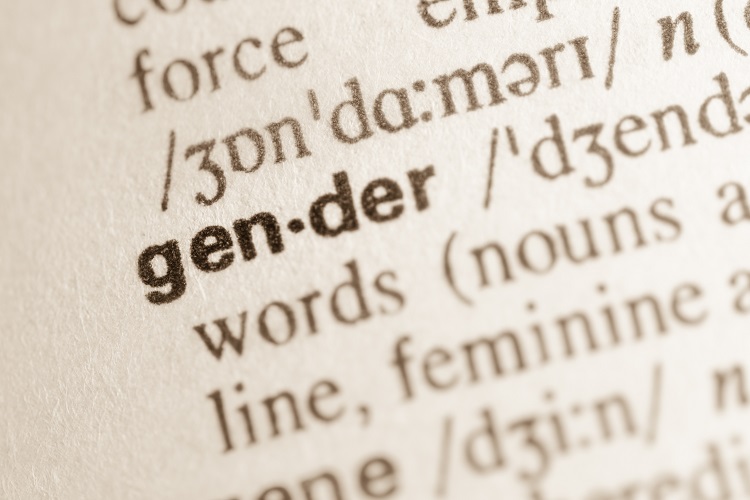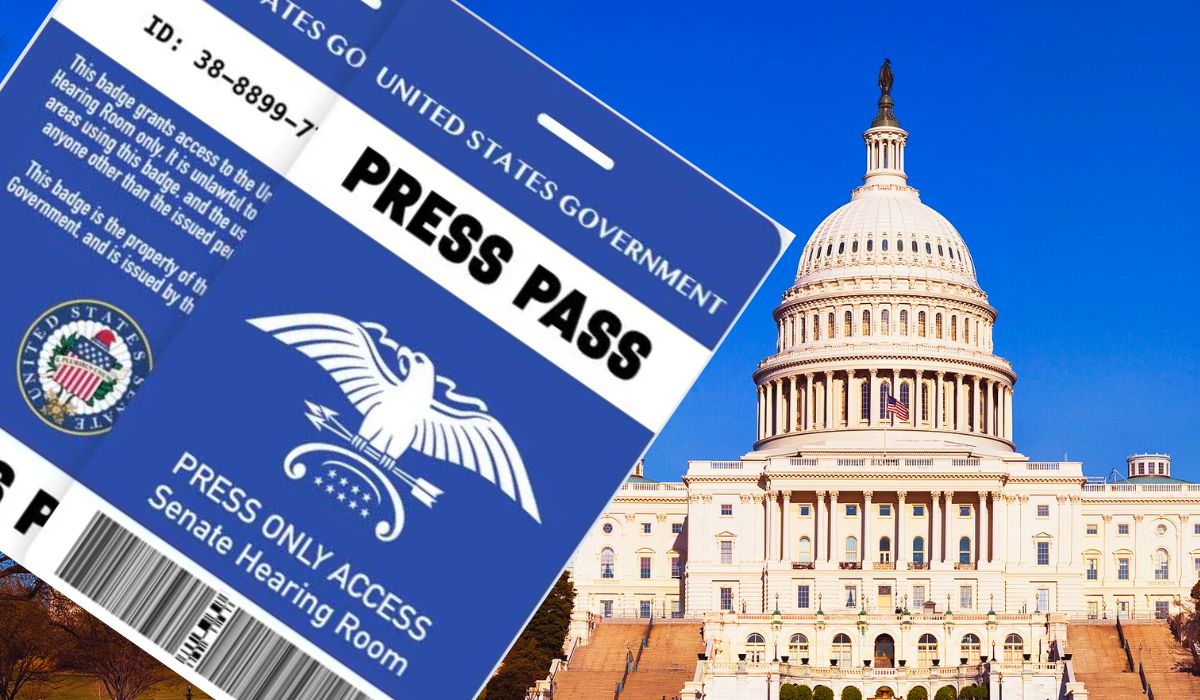
On April 9, the White House, which has been issuing new directives on biological sex and pronouns since the first day of Donald Trump’s second term as president, announced on X, “It is official White House policy to IGNORE reporters’ emails with pronouns in the signature.” (The tweet ends with the Clapping Hands emoji.) The announcement came eight days after New York Times columnist John McWhorter published a little book titled Pronoun Trouble and one day after the same paper reported that the White House press secretary, Karoline Leavitt, had informed one of its journalists that, “[a]s a matter of policy, we do not respond to reporters with pronouns in their bios” and that other senior aides had been making similar remarks. To quote Ms. Leavitt, “Any reporter who chooses to put their [sic] preferred pronouns in their bio clearly does not care about biological reality or truth and therefore cannot be trusted to write an honest story.”
My distaste for the performance of stating one’s pronouns is profound. At the same time, I would be cutting myself off from a lot of people who matter—lawyers, bankers, the travel agent arranging my family’s upcoming summer vacation—if this distaste caused me to ignore everyone who sends me pronominally marked messages. Furthermore, we should all work to solve, not exacerbate, the general societal problem of polarization that keeps me in my bubble and you in yours.
And I’m just little ol’ me, not the White House.
I am not wholly unsympathetic to President Trump’s directive since reporters who announce their pronouns are indeed likely to be largely unfriendly to his social policies. Still, a free government that wishes to earn the trust and respect of the populace should not discriminate against reporters in this way. Similarly, “if the Government opens its doors to some journalists … it cannot then shut those doors to other journalists because of their viewpoints”—to quote Trump-appointed Judge Trevor N. McFadden’s ruling earlier this month that the Associated Press must once again be given access to the president even though the wire service refuses to refer to the Gulf of America rather than the Gulf of Mexico.
Of course, in its news stories (as opposed to opinion pieces), a free press that wishes to earn the trust and respect of the populace should strive for evenhandedness. It should not favor a president it supports any more than put the thumb on the scale against one it does not.
Yes, people say things all the time that others consider silly or stupid, some of which touch on deeply contentious concerns. For example, in my inbox right now are some messages from friends who cautiously support higher tariffs. I for my part believe these tariffs are a grave error, but I want to hear their best arguments. After all, perhaps my fears are misguided.
I believe there are only two sexes. I find it highly unlikely that I am wrong about this, but in all humility, I have to admit that I might be. And unlike many who believe this, I am open to the idea of a coherent concept called “gender” that is different from and does not necessarily align in a given person with sex. (The most serious problem is that even its most prominent advocates do not seem to be able to define “gender” consistently, a matter that the philosopher Alex Byrne explores brilliantly in his 2024 book Trouble with Gender.)
If sex and gender do turn out to be coherently different, then we will need to come to linguistic terms with this as a society, which will surely include ever more judicial reckoning with pronouns. Indeed, this is happening anyway, most recently in the recognition that a US Air Force directive from February that ordered employees to “[c]ease the use of ‘preferred pronouns’ … to identify one’s gender identity in professional communications” was in fact illegal and therefore had to be rescinded.
Four years ago, Charles Lipson wrote an excellent article in Discourse in which he called “[t]he insistent direction to use my ‘preferred pronoun,’ even when that word is already obvious, … yet another step into the deepening quicksand of cultural hectoring.” Lipson and I have some modest disagreements, but what may be his most important contribution here is the small list of “sensible reasons to put these lists of pronouns into email signatures,” which include having an unfamiliar name, or a nickname like Alex or Charlie, while being unknown to one’s interlocutor.
The bottom line, though, is that it will cause more harm than good to ignore reporters who, even if they are called Donald or Karoline or Joshua, do choose to reveal that they are “he/him,” “she/them,” or “xe/xem.”






